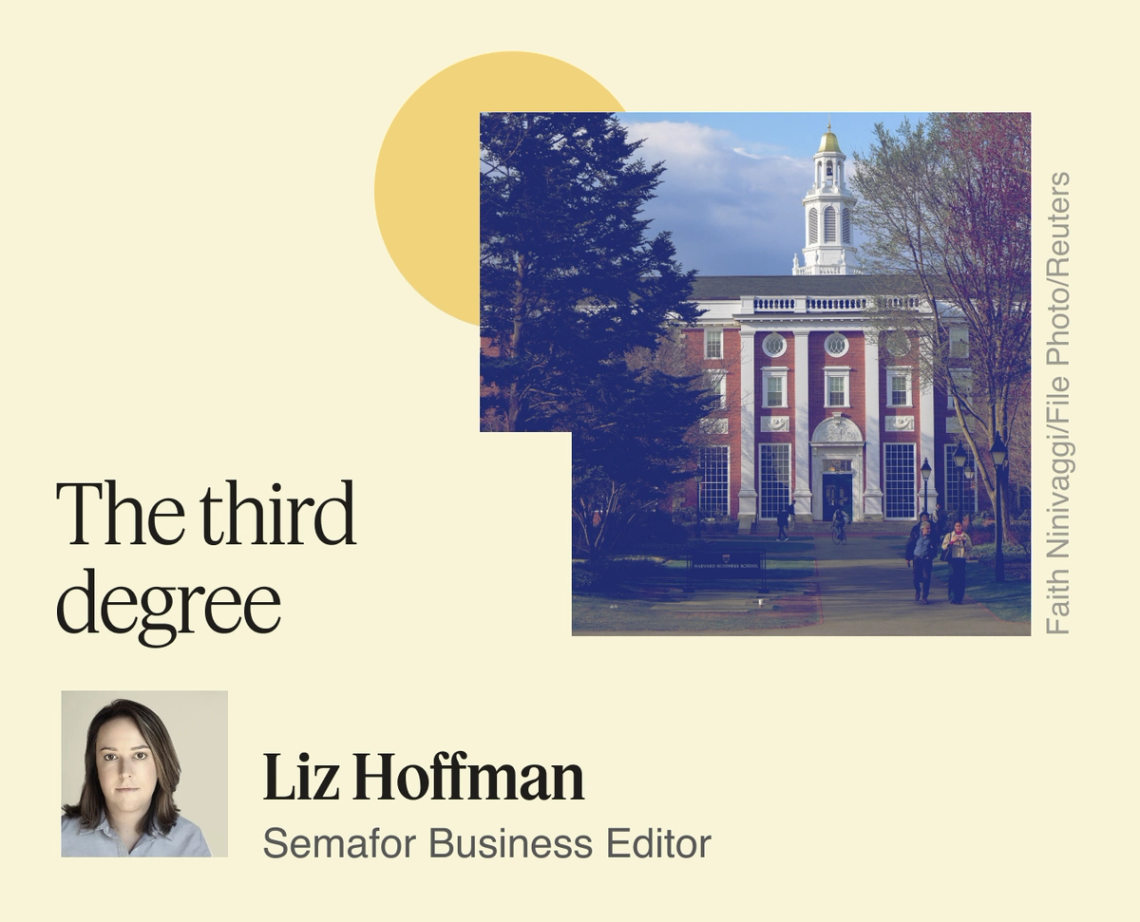 As President Donald Trump continues his clampdown on elite universities, one thing is becoming clear: These schools’ finances may end up being as much of a liability as the DEI programs and Middle Eastern Studies departments they fund. At $53 billion, Harvard’s endowment would be a whale on Wall Street and free to invest in whatever it wants. But its and its peers’ reliance on two pillars of government support — a tax-exempt status and billions in federal funding — make them uniquely vulnerable to Trump’s pressure campaign, which is about to ramp up, as you’ll read below. Universities are big businesses attached to (or masquerading as, if you’d prefer) academic institutions. Penn has $15.8 billion in annual revenue and runs a hospital system whose identified growth areas, outpatient surgery and infusion therapies, are indistinguishable from any for-profit health care company. Its $22 billion investment portfolio “provides critical support for the University’s goal of becoming the most inclusive, innovative, and impactful university in the world” — rage-bait for conservatives printed in the university’s latest annual report. These universities are subsidized by US taxpayers in a way that leaves them vulnerable to White House attacks. So, too, does their enthusiasm in recent years for riskier investments that appreciate nicely on paper but don’t spit out much cash, as we wrote on Tuesday. Endowments may now be called on to fill gaps in federal funding at exactly the moment their investments go under a White House microscope. In today’s newsletter: Trump’s next university play, HPE weighs replacing its CEO under activist pressure, and parsing Jensen Huang’s week of surprising moves. Plus: I’ll be in DC next week at Semafor’s World Economy Summit. There’s still time to request a pass and you can catch it all livestreamed, April 23-25, from Washington. We’ll bring you highlights from our conversations with more than 100 CEOs and government officials. My interview card includes Carlyle CEO Harvey Schwartz, United CEO Scott Kirby, White House Council of Economic Advisers Chair Stephen Miran, and Germany’s new finance minister, Jörg Kukies. What should I ask? You can respond to this email and find out more about the event here. |